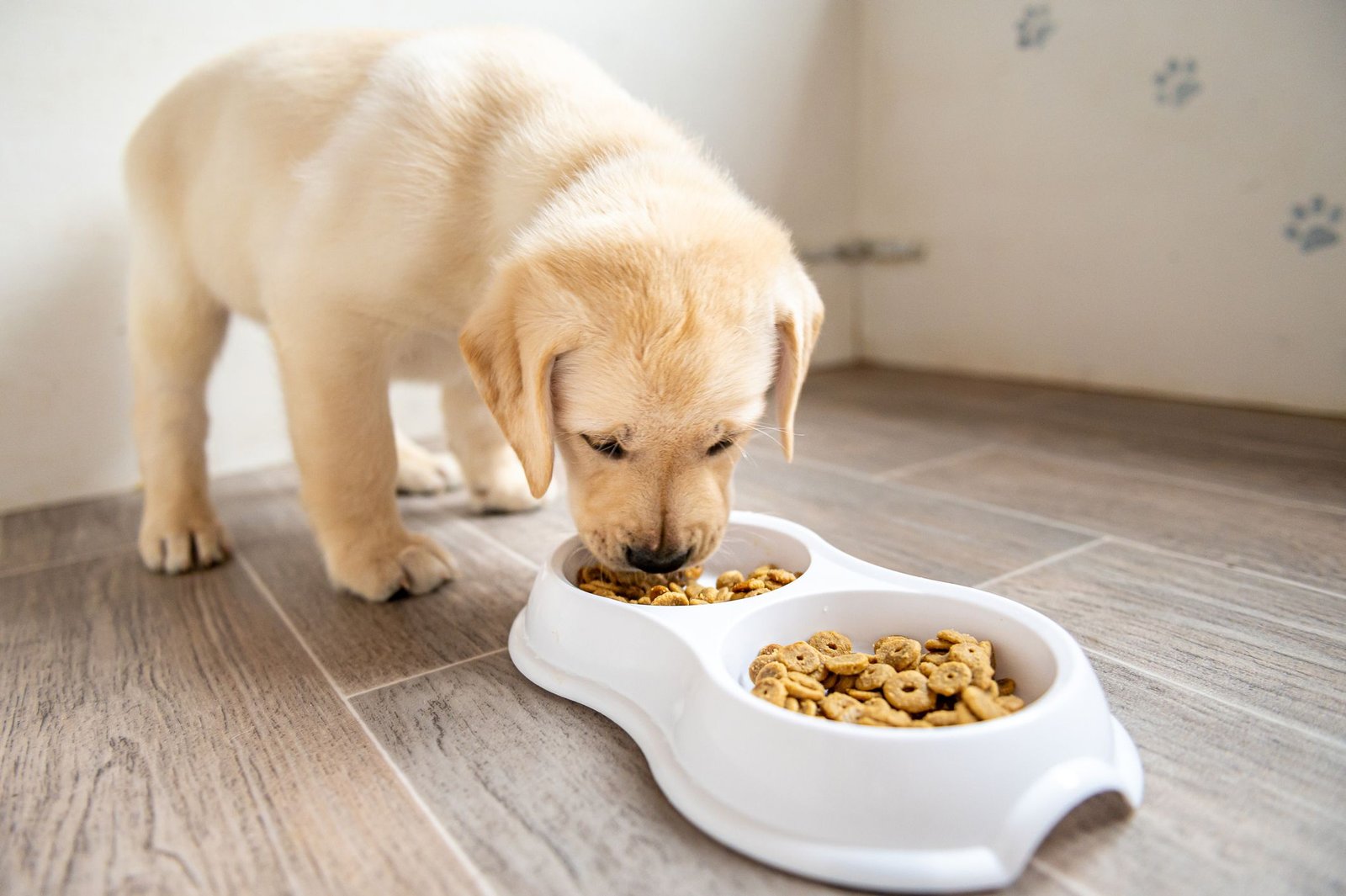Transitioning your furry friend from puppy food to adult food is a crucial step in their development. It’s important to know the right time to make this change to ensure your dog’s health and well-being. Let’s dive into the details of when to stop feeding your dog puppy food and how to make the transition smoothly.
When to Make the Transition
Knowing when to stop feeding your dog puppy food depends on various factors, including breed, size, and growth rate. In general, smaller breeds tend to mature faster than larger breeds. It’s recommended to switch to adult food when your dog reaches 90% of their expected adult weight. This typically occurs at around 9-12 months for smaller breeds and 12-24 months for larger breeds.
Signs of Maturity
Keep an eye out for certain signs that indicate your dog is ready for adult food. These signs include the closing of growth plates, which can be determined through X-rays by your veterinarian. Additionally, if your dog’s energy levels stabilize, and they have a healthy coat, it may be a good indication that they are ready for adult food.
Feeding Guidelines
When you first bring your puppy home, it’s crucial to start them on a diet specific to their needs. This includes food that’s designed to support their growth and development. Puppy food is formulated with higher protein and fat content to aid in their rapid growth. However, as your dog reaches maturity, their nutritional requirements change, and it’s essential to switch to adult food to prevent overfeeding and potential health issues.
Transitioning to Adult Food
When transitioning your dog to adult food, it’s best to do so gradually to avoid digestive upset. Start by mixing a small amount of the new adult food with the puppy food and gradually increase the proportion of adult food over a period of 7-10 days. This gradual transition gives your dog’s digestive system the opportunity to adjust to the new diet.
Choosing the Right Adult Food
When selecting adult food for your dog, consider their specific needs based on their breed, size, and any health conditions. Look for high-quality, well-balanced adult dog food that provides the necessary nutrients to support your dog’s overall health. Consult with your veterinarian to determine the best adult food for your dog.

Credit: www.youtube.com

Credit: www.iams.com
Frequently Asked Questions On When To Stop Feeding Your Dog Puppy Food
How Long Should A Puppy Be On Puppy Food?
Puppies should be on puppy food until they reach maturity, then switch to adult dog food. Vets recommend feeding young puppies three times per day, then gradually decreasing to two meals a day near adulthood. Each pup’s readiness to transition varies, typically occurring between seven months to two years.
When Should I Switch From Puppy Food To Dog Food?
You should switch from puppy food to dog food once your puppy reaches maturity. This typically occurs when they stop growing, which can vary depending on the breed. Small breed puppies may reach maturity faster than larger breeds. It’s important to transition them gradually to avoid any digestive issues.
How Do I Know When To Stop Feeding My Puppy Puppy Food?
Transition to adult dog food when your puppy reaches maturity, typically at 12-24 months, for healthy growth and development.
How Long Is A Dog Considered A Puppy?
A dog is considered a puppy until it reaches maturity, typically between 6 months to 2 years of age.
Conclusion
Transitioning from puppy food to adult food is a significant milestone in your dog’s life. Knowing when to make this change and how to do it effectively is essential for your dog’s long-term health and well-being. By following the recommended guidelines and consulting with your veterinarian, you can ensure a smooth transition and provide your dog with the best nutrition for their individual needs.

